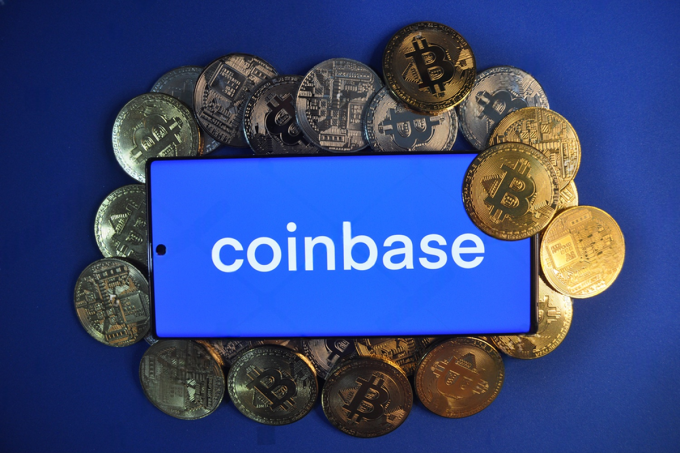Ethereum’s Buterin Slams EU Surveillance Law as Web3 Advocates See an Opportunity
Ethereum co-founder Vitalik Buterin has sharply criticized the European Union’s proposed “Chat Control” legislation, amplifying a growing conflict between state surveillance and the foundational principles of digital privacy. The controversial law, which would mandate the mass scanning of private communications, has become a flashpoint in the global debate over security and freedom. Buterin’s intervention frames the issue not just as a matter of privacy, but as a fundamental threat to cybersecurity that could inadvertently accelerate the shift toward decentralized Web3 technologies.
The Security Paradox of Surveillance Backdoors
In a series of public statements, Buterin articulated a core paradox in the EU’s proposal: true security cannot be achieved by making citizens’ communications insecure. The legislation would require technology platforms to build “backdoors” to scan user messages for illegal content, a mechanism Buterin warns is “inevitably hackable” and creates vulnerabilities for malicious actors and hostile states. “You cannot make society secure by making people insecure,” he argued, asserting that tools built for law enforcement will ultimately undermine the safety of everyone.
Adding weight to his critique, Buterin highlighted the reported hypocrisy of the law’s proponents. He pointed to a leaked draft suggesting that EU interior ministers, along with police, military, and intelligence staff, are seeking to exempt their own communications from the mandatory surveillance. “The fact that government officials want to exempt themselves from their own law is telling,” he remarked, framing it as an admission of the system’s inherent risks.
A Tipping Point for Europe’s Digital Future
The Chat Control proposal is currently at a critical juncture, with the future of digital privacy in Europe hanging in the balance. While 15 EU member states have expressed support for the law, they have yet to reach the 65% population threshold required for it to pass. The decision now rests heavily on Germany, whose final stance is expected to be the deciding factor. A vote in favor would likely push the legislation over the finish line, whereas an abstention or opposition would likely see it fail, making Germany’s position the focal point for lobbyists on both sides of the issue.
An Unintended Catalyst for Web3 Adoption?
For many in the cryptocurrency and Web3 space, the EU’s legislative push is seen as a powerful, if unintended, advertisement for decentralized technologies. Crypto advocates argue that by forcing centralized platforms to violate user privacy, lawmakers are effectively pushing consumers toward Web3 alternatives where privacy is a core feature, not a privilege. Hans Rempel, CEO of Diode, noted that the “not your keys, not your data” ethos of Web3 resonates deeply with users disillusioned by invasive centralized systems.
This potential migration, however, is not without its own set of challenges. As legal expert Elisenda Fabrega cautioned, the shift could fragment the EU’s digital market and diminish its influence on global privacy standards.
As the EU approaches its final decision, the stakes extend far beyond the legislative chambers in Brussels. The outcome of the Chat Control vote will serve as a crucial barometer for the future of digital rights in the Western world. If passed, it may trigger significant legal challenges and accelerate a user migration to privacy-centric platforms. If it fails, it will mark a major victory for digital freedom and strengthen the case for decentralized technologies as a necessary alternative in an increasingly monitored world.
Comparison, examination, and analysis between investment houses
Leave your details, and an expert from our team will get back to you as soon as possible













Leave a comment